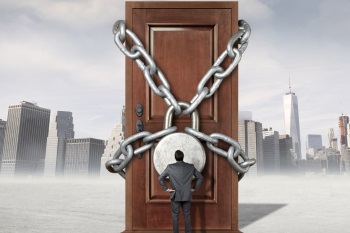Ever wonder what life is like for someone with a criminal record?
A new quiz on the Marshall Project website gives readers an opportunity to see how much they know about the hurdles that face men and women who have committed crimes. The results can be eye-opening for those who have not had to find a job, enroll in school, or sign an apartment rental contract after serving prison time or probation for past deeds.
 There are over 44,000 different state and federal statutes currently on the books limiting those with criminal records, regulating (or even outright banning) where these people can live, work, or vote. Such obstacles can make it very difficult for former prisoners to gain independence and to begin giving back to their communities. Too often, the result of these “collateral consequences” is to drive these men and women back to their previous worlds.
There are over 44,000 different state and federal statutes currently on the books limiting those with criminal records, regulating (or even outright banning) where these people can live, work, or vote. Such obstacles can make it very difficult for former prisoners to gain independence and to begin giving back to their communities. Too often, the result of these “collateral consequences” is to drive these men and women back to their previous worlds.
What kinds of careers may be off-limits to those with felony convictions? Can people with felony drug convictions receive welfare benefits? What exactly does the “Ban the Box” movement seek to accomplish? These and other questions help to shed some light on the difficulties that come with being a returning citizen, and provide some insight into why so many of these men and women eventually return to prison.
For 65 million people in the United States, living with a criminal record is a reality, and the obstacles they face are more than answers to trivia questions. The perpetual punishment they face, even after they have completed their sentences, serves as a “second prison” that keeps them from reaching their potential. Prison Fellowship’s Second Prison Project is working to build communities where men and women with criminal records can succeed, and those around them can benefit from their contributions. To learn more about the Second Prison Project, and what you can do to help unlock opportunities for millions of people across the country, visit https://www.secondprison.org.